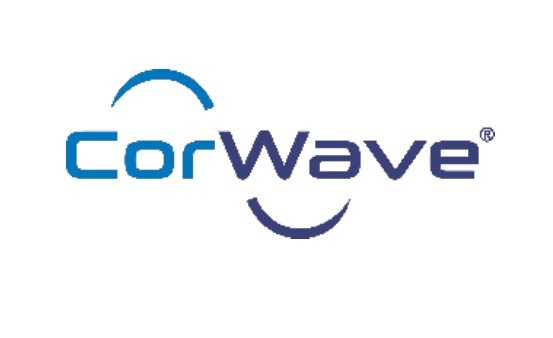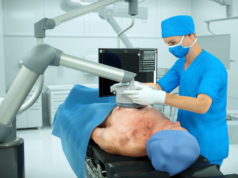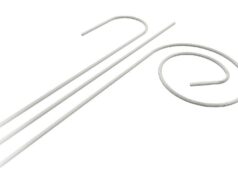 CorWave has announced the presentation of interim results from its first in human (FIH) study evaluating its left ventricular assisting system (LVAS), the first heart pump based on breakthrough wave membrane technology.
CorWave has announced the presentation of interim results from its first in human (FIH) study evaluating its left ventricular assisting system (LVAS), the first heart pump based on breakthrough wave membrane technology.
Results were presented at the 2025 annual scientific meeting of the Heart Failure Society of America (HFSA; 26–29 September, Minneapolis, USA) by Chris Hayward, director of the Mechanical and Circulatory Support research programme at St Vincent’s Private Hospital (Sydney, Australia) and principal investigator of the study.
The CorWave LVAS, a next-generation durable heart pump, was implanted in a patient for the first time on 28 May at St Vincent’s Hospital in Sydney by Paul Jansz. This implantation represented a major technological milestone in the field of durable mechanical circulatory support, CorWave said in a press release.
In a late breaking clinical science session at the HFSA annual meeting, Hayward reported on the first patient experience with a focus on patient baseline, clinical course, and the device’s initial safety and effectiveness.
The primary endpoint of the study was achieved, with no device-related adverse events observed at 30 days, providing an early confirmation of the safety profile of the CorWave LVAS. Functional status improved to New York Heart Association (NYHA) class I prior to discharge. On post-operative day 84, the patient successfully underwent a heart transplant. The CorWave device was explanted without complication, and preliminary analyses of the pump and outflow graft revealed no thrombus.
The pump performed as expected, providing full support and restoring a cardiac index above 2.5L/min/m² (1.6L/min/m² pre-operative), efficiently unloading the left ventricle. The unique membrane technology preserved an aortic pulse pressure of 25.5±6.1mmHg, periodically exceeding 40mmHg and allowed consistent aortic valve opening despite post-operative left ventricular ejection fraction (LVEF) of 15–20%.
“The results of the CorWave device are very encouraging. The physiologic pulse that we observed in the first CorWave patient stands out from the results we have observed in patients assisted with continuous-flow LVAD, in use since the 2000s.” said, Hayward. “This first experience suggests that CorWave LVAS can be implanted safely and has the potential to offer significant benefits for patients with heart failure. Further clinical experience will be needed to confirm these promising findings.”
“We are delighted with these first results from our FIH Study and grateful to see the first transplant successfully completed. The pulsatility performance of CorWave LVAS is remarkable and our goal is to translate that into improved outcomes for advanced heart failure patients. These results are a testament to the groundbreaking work conducted by our engineering team and the St Vincent’s clinical team.” said Louis de Lillers, chief executive officer of CorWave.
The CorWave FIH study is planned to enrol a minimum of four patients before the start of the pivotal trial phase.










